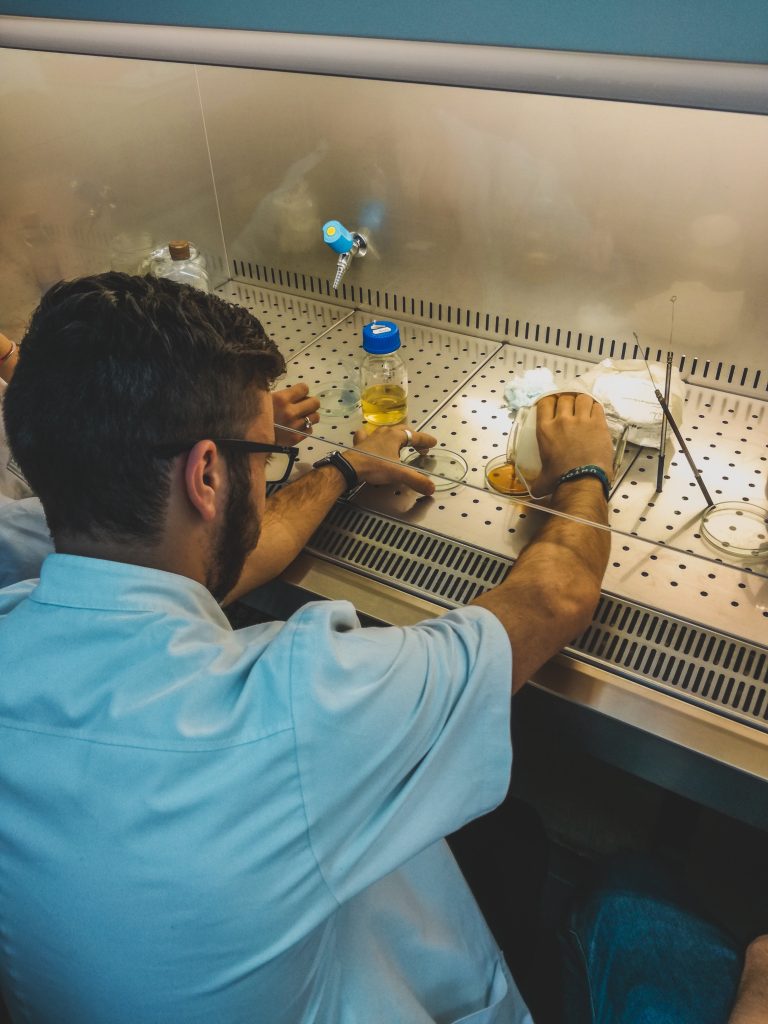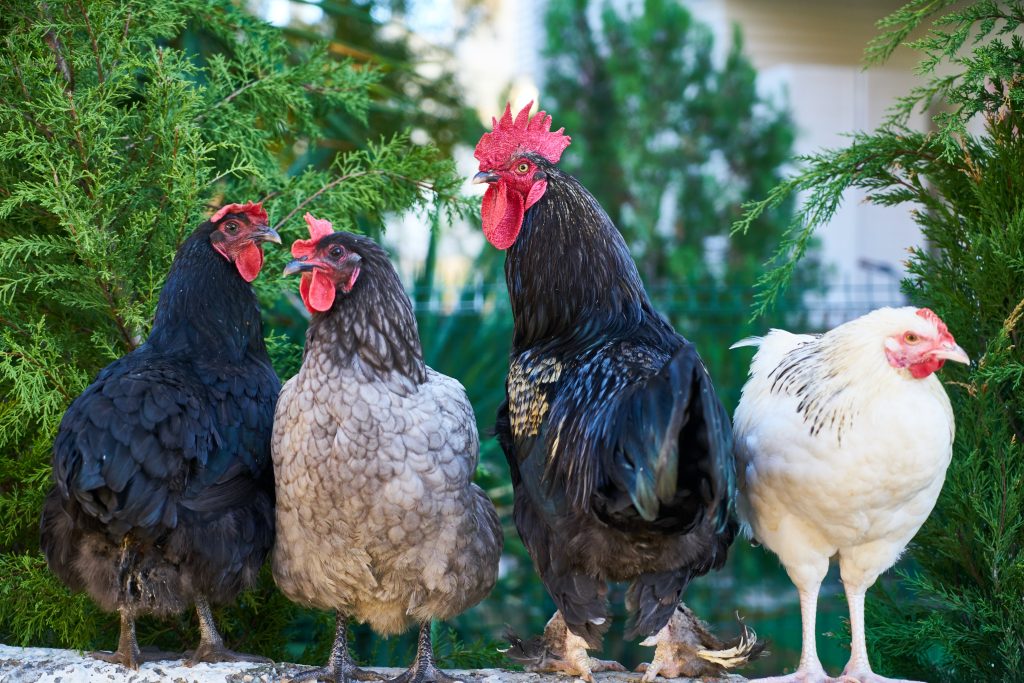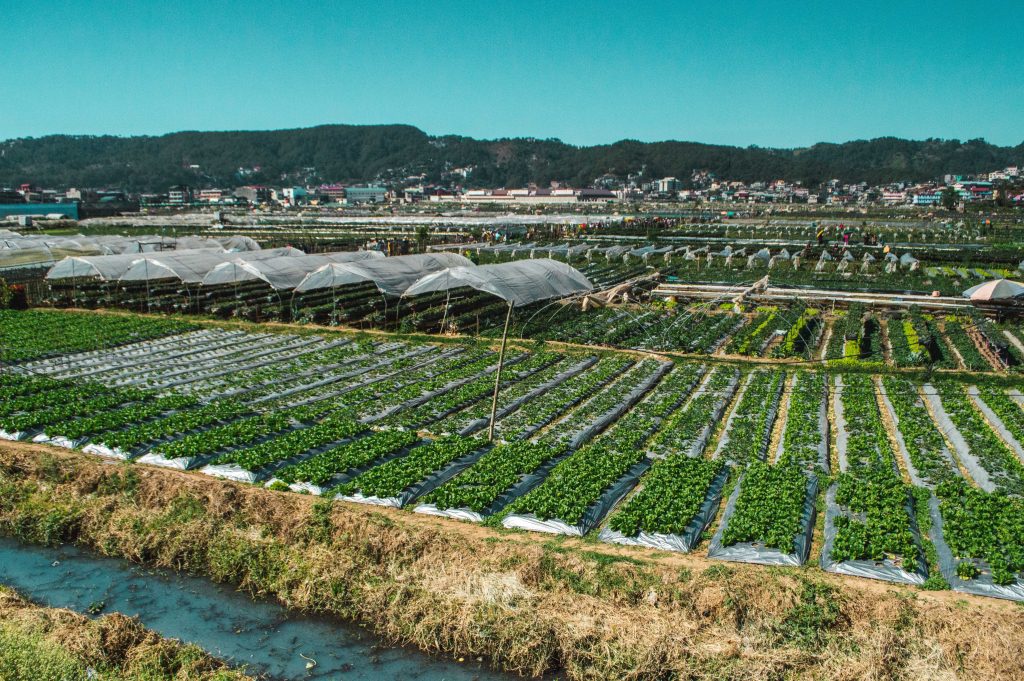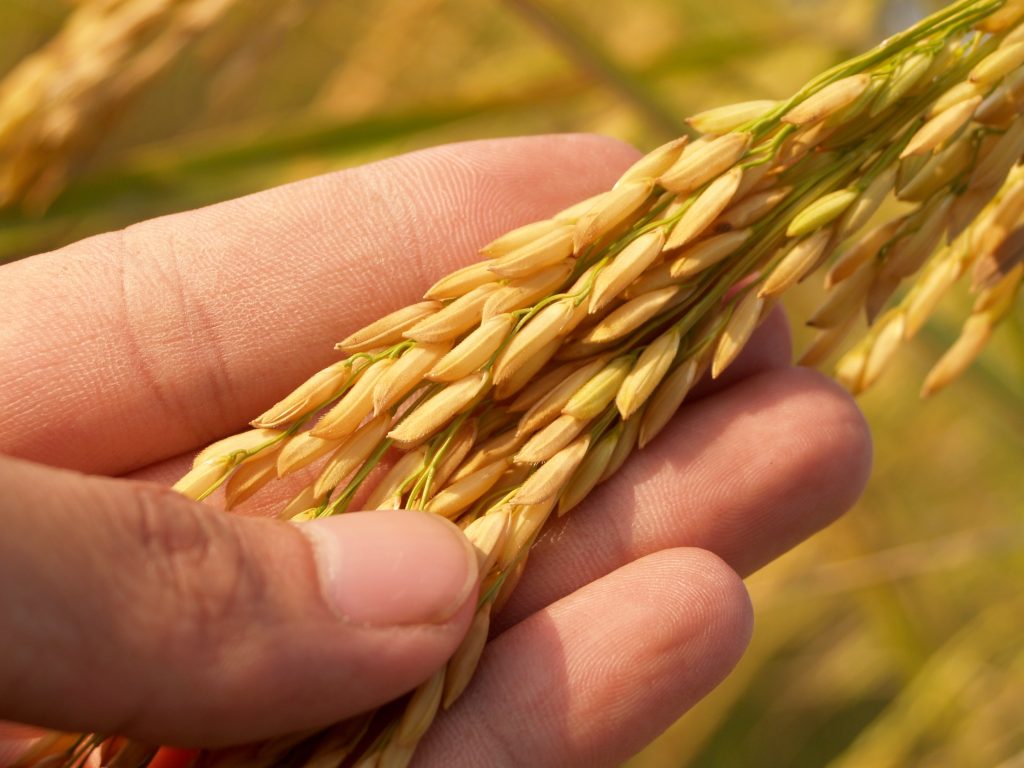Synergizing Science and Agriculture: Exploring the Dynamic Careers at the Intersection of DNA Technology and Agriculture
In a world grappling with pressing challenges like population growth, climate change, and food security, the marriage of science and agriculture has become more crucial than ever. As the global demand for sustainable food production rises, a powerful ally has emerged at the intersection of these two fields: DNA technology. The fusion of scientific innovation and agricultural practices has given birth to a remarkable field known as agricultural biotechnology. This exciting realm of study holds the key to overcoming the limitations of traditional farming methods and opens up many dynamic and rewarding career opportunities. In this article, we embark on a journey to explore the captivating world where DNA technology and agriculture intertwine. We will uncover the diverse range of careers within this field, illuminating the individuals harnessing DNA’s power to revolutionize crop improvement, livestock breeding, and sustainable food production. From the laboratory to the field, these professionals are shaping the future of agriculture, driving innovation, and transforming how we grow our food. By delving into the intersection of science and agriculture, we aim to provide a comprehensive overview of the careers that thrive on synergizing DNA technology with agricultural practices. We will unveil the incredible potential in this evolving field through inspiring stories, groundbreaking research, and theoretical perspectives. Whether you are a student exploring future career paths or a seasoned professional seeking to expand your horizons, this article will serve as a gateway to discovering the exciting world of agricultural biotechnology. Join us as we explore dynamic careers at the intersection of DNA technology and agriculture, where scientific breakthroughs meet the fields and the promise of sustainable food production becomes a reality. The Integration of DNA Technology in Crop Improvement The integration of DNA technology in crop improvement has sparked a revolution in agriculture. With the advent of genetic engineering, marker-assisted breeding, genomics, and gene editing, scientists and researchers have unlocked powerful tools to enhance crop traits, improve yields, and address challenges in farming. From genetic engineering to marker-assisted breeding and the precise modifications enabled by gene editing, we will unravel the fascinating ways DNA technology is transforming the future of crop production. Genetic Engineering and Modification Genetic engineering and modification are powerful techniques that have revolutionized crop improvement. They involve the manipulation of an organism’s genetic material to introduce desirable traits or enhance existing ones. Techniques and tools used in genetic engineering: Genetic engineers utilize various techniques such as gene insertion, gene deletion, and gene silencing to modify the DNA of crops. Tools like restriction enzymes, plasmid vectors, and transformation methods facilitate the transfer of desired genes into plant cells. Development of genetically modified organisms (GMOs): Genetic engineering has led to the development of genetically modified organisms (GMOs), where specific genes from one organism are inserted into another to confer desired traits. GMOs have been created with traits like insect resistance, herbicide tolerance, disease resistance, and enhanced nutritional content. Applications of genetic modification in crop improvement: Genetic modification has provided solutions to challenges faced by crops, such as increased yield, improved nutritional content, and enhanced resistance to pests, diseases, and environmental stresses. It has also played a role in developing crops with extended shelf life, reduced allergenicity, and increased herbicide tolerance, enabling more efficient and sustainable agricultural practices. Marker-Assisted Breeding Marker-assisted breeding combines traditional breeding techniques with DNA markers to accelerate the development of improved crop varieties. It involves identifying and utilizing genetic markers associated with desirable traits to guide the selection process. Utilization of genetic markers for trait selection: Genetic markers are specific DNA sequences linked to particular traits of interest, such as disease resistance or yield potential. These markers can identify plants with desirable traits early, allowing breeders to make more informed selection decisions. Accelerating the crop breeding process: By using genetic markers, breeders can bypass the need for time-consuming and resource-intensive phenotypic screening and instead focus on plants with the desired genetic markers. It accelerates the breeding process, reducing the time required to develop new varieties. Examples of marker-assisted breeding success stories: Marker-assisted breeding has been successfully applied in various crops, including maize, rice, wheat, and soybeans. For instance, in rice breeding, markers associated with disease resistance have helped breeders develop varieties resistant to devastating pathogens, leading to improved yield and reduced reliance on chemical control measures. Genomics and Gene Editing The field of genomics, coupled with gene editing technologies, has opened up new avenues for crop improvement. Genomics involves the study of an organism’s entire DNA sequence, while gene editing enables precise modifications to the genome. Genome sequencing and analysis in crop research: Advances in DNA sequencing technologies have enabled the rapid and cost-effective determination of crop genomes. Whole genome sequencing and analysis provide valuable insights into gene function, genetic diversity, and evolutionary relationships among crop varieties. CRISPR-Cas9 and other gene editing technologies: CRISPR-Cas9, a revolutionary gene editing tool, allows targeted modifications to be made to specific genes precisely and efficiently. Other gene editings technologies like zinc-finger nucleases (ZFNs) and transcription activator-like effector nucleases (TALENs) have also been used in crop research. Precision breeding and targeted gene modifications: Gene editing technologies enable precise modifications within the crop’s genome, facilitating the development of desired traits. It includes modifying specific genes responsible for traits such as disease resistance, drought tolerance, nutritional content, and yield potential. Precision breeding through gene editing offers great potential for developing crops that can address challenges posed by climate change, resource limitations, and evolving pests and diseases. Careers in Livestock Genetics and Breeding Livestock genetics and breeding enhance animal productivity, disease resistance, and quality. The integration of DNA technology in this field has opened up exciting career opportunities for professionals dedicated to improving livestock traits and ensuring sustainable animal agriculture. Below are the dynamic careers available in livestock genetics and breeding, shedding light on the techniques, methodologies, and breakthroughs driving innovation in this vital sector. Selective Breeding and Genetic Selection Selective breeding and genetic selection are traditional approaches that have been revolutionized by DNA technology. These techniques aim










